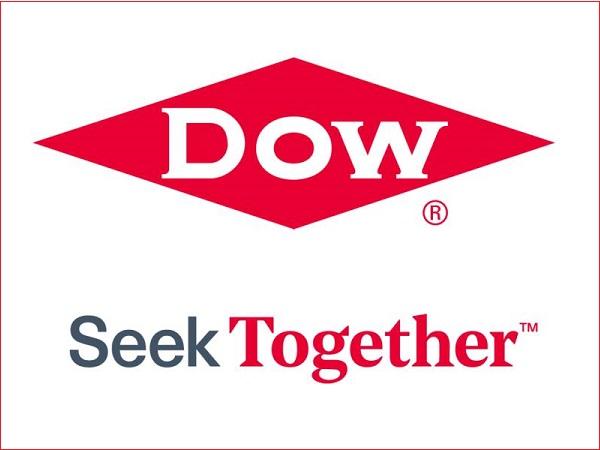
Date: 27 January 2022
- PAS 2060-verified carbon-neutral silicones will decrease the environmental impact of buildings and contribute to achieving regional and global targets for CO2 reduction.
- DOWSIL™ Carbon-Neutrality Program to offer silicones for structural glazing, insulating glass, and weathersealing.
Coming soon, Dow’s commercially available service for carbon-neutral silicones in building facades! Used for structural glazing, insulating glass, and weathersealing, the carbon-neutral silicones will be PAS 2060-verified to help decrease the environmental impact of buildings. This ground-breaking innovation will allow builders to design with more freedom by engineering less impact.
“The commercial introduction of our carbon-neutrality program for DOWSIL™ Silicones for building facades represents a true evolution in silicone carbon-neutrality,” said Markus Plettau, Dow’s global segment leader for building facades. “Aligned with the industry efforts towards developing net-carbon-zero buildings to reduce CO2 emissions, Dow is leading the way in decreasing the embodied carbon present in construction materials.”
According to the World Green Building Council, the building sector is responsible for approximately 39 percent of global CO2 emissions. This includes both embodied carbon and building operations. While the production of Dow’s silicon products requires energy, the use of these products requires very low energy in applications such as prefabricated façade elements and glass insulation, helping to significantly improve the energy efficiency of buildings. In addition, their proven durability allows the insulated building envelope to last more than 50 years. The energy or carbon ratio for silicone sealants conserves up to 20 times more energy than what is needed to produce them for insulated glass, according to the Global Silicones Council.
Carbon-neutral silicones can reduce to net zero the carbon needed to produce the silicone polymers that are the building blocks of our products. Carbon-neutral silicones for specific building projects is a revolutionary offering, especially for technologies linked to the silicon metal manufacturing process, where Dow is uniquely positioned.
Plettau is positive that silicone will remain the technology of choice when it comes to building and construction, not only because of its long-term performance and carbon footprint but also because it equips buildings with enhanced energy and greenhouse gas emissions performances. “The carbon-neutrality program for DOWSIL™ Silicone materials is not only an advantage for architects, builders and building owners, but also a key to achieving significant ongoing carbon reduction through integrated design solutions, allowing these industry professionals to design with more freedom by engineering less impact,” added Plettau.
Backed with PAS 2060 verification which is, internationally recognized for organizational carbon-neutrality, Dow’s carbon-neutral silicones will be able to contribute to additional international green building certification points. Each product will have an Environmental Product Declaration (EPD) that communicates transparent and comparable information about the life-cycle environmental impact of our products.
In addition to carbon neutral silicones, Dow continues to develop innovative and sustainable solutions for the building and infrastructure markets. For more information on the latest developments, please visit our website: www.dow.com/highperformancebuilding
 600450
600450

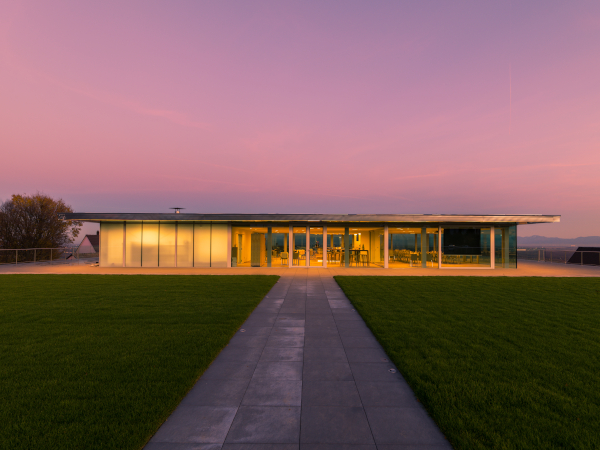

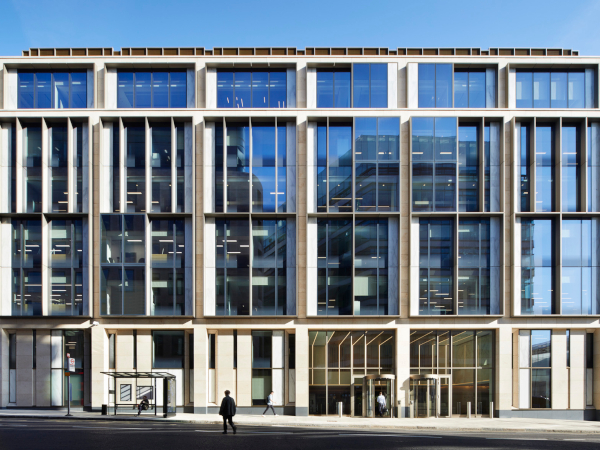
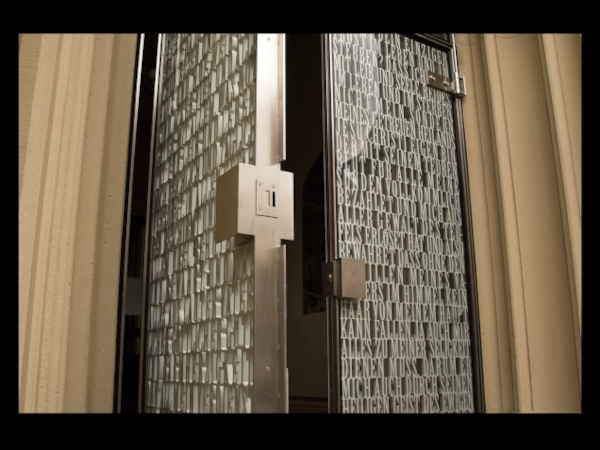

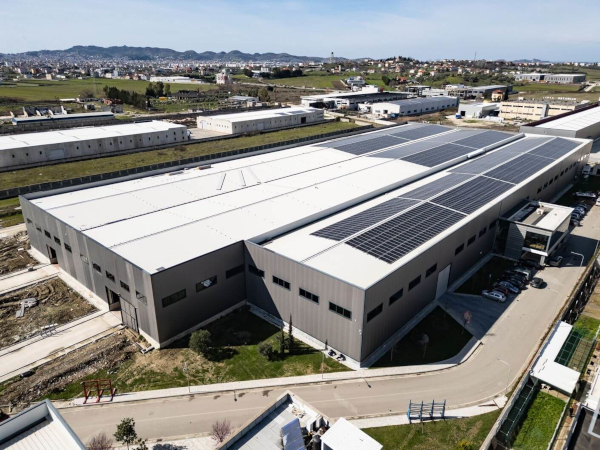










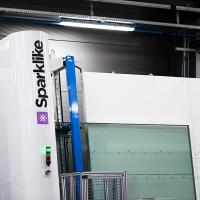
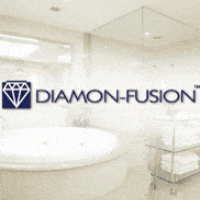
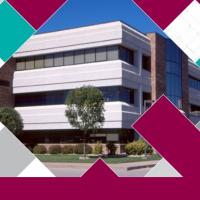

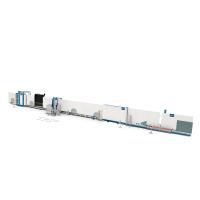
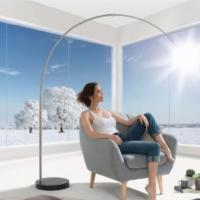
Add new comment